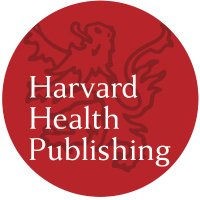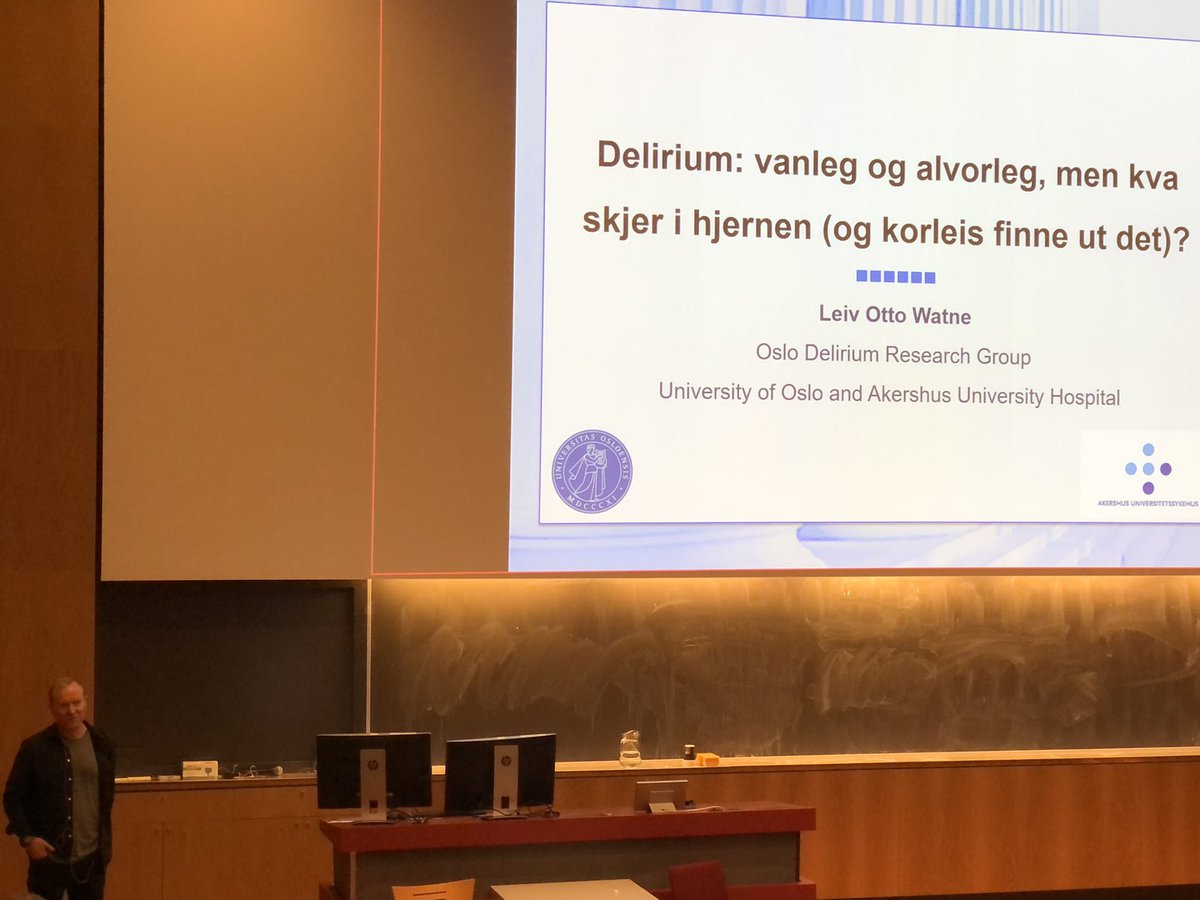
Jan Aaseth
@janaaseth
MD, PhD, Professor, Hedmark University Applied Sciences, Interests: Public health, medical ethics, clinical communication, politics
ID: 1365601226
http://www.ntes.no 19-04-2013 23:10:36
197 Tweet
38 Followers
0 Following












After many years of pondering, I still find this paper interesting in many ways. The fact that hyperglycemia creates oxidative stress, that elevated glucose uses up antioxidant vitamins, and that change of diet means change of micronutrient requirement. pubmed.ncbi.nlm.nih.gov/15479220/



Vi er i gang med dette viktige arbeidet! UiO - Det medisinske fakultet Sykehuset Innlandet NTNU medisin og helse khrono.no/samarbeid-mell…





